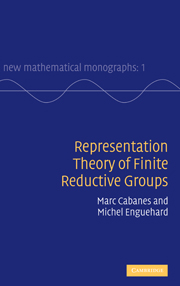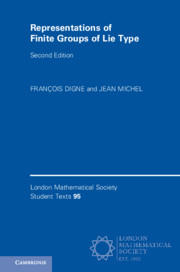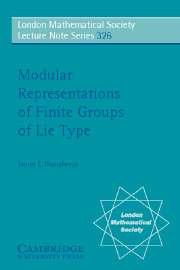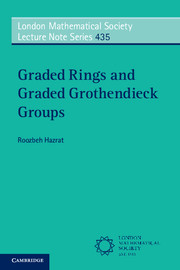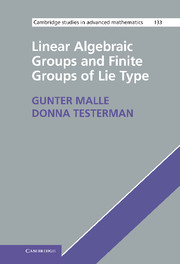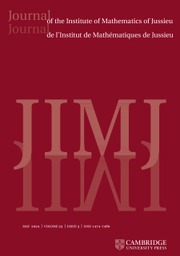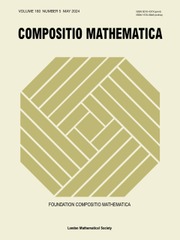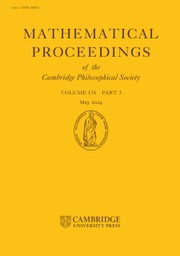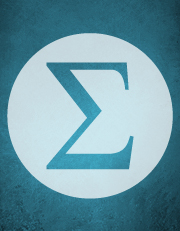Representation Theory of Finite Reductive Groups
At the crossroads of representation theory, algebraic geometry and finite group theory, this 2004 book blends together many of the main concerns of modern algebra, with full proofs of some of the most remarkable achievements in the area. Cabanes and Enguehard follow three main themes: first, applications of étale cohomology, leading to the proof of the recent Bonnafé–Rouquier theorems. The second is a straightforward and simplified account of the Dipper–James theorems relating irreducible characters and modular representations. The final theme is local representation theory. One of the main results here is the authors' version of Fong–Srinivasan theorems. Throughout the text is illustrated by many examples and background is provided by several introductory chapters on basic results and appendices on algebraic geometry and derived categories. The result is an essential introduction for graduate students and reference for all algebraists.
- Proofs of major and recent results in a very active field
- Simplifications from published material that make possible the inclusion of those results in a single book
- Emphasis on writing pedagogically with introductory chapters and appendices on background subjects
Reviews & endorsements
'This monograph treats the representation theory of finite reductive groups mostly in transversal characteristic, i.e. in a characteristic that differs from the natural characteristic p of the group.' Zentralblatt MATH
Product details
January 2004Hardback
9780521825177
456 pages
229 × 152 × 29 mm
0.84kg
144 exercises
Available
Table of Contents
- Introduction
- Notations and conventions
- Part I. Representing Finite BN-Pairs:
- 1. Cuspidality in finite groups
- 2. Finite BN-pairs
- 3. Modular Hecke algebras for finite BN-pairs
- 4. Modular duality functor and the derived category
- 5. Local methods for the transversal characteristics
- 6. Simple modules in the natural characteristic
- Part II. Deligne–Lusztig Varieties, Rational Series, and Morita Equivalences:
- 7. Finite reductive groups and Deligne–Lusztig varieties
- 8. Characters of finite reductive groups
- 9. Blocks of finite reductive groups and rational series
- 10. Jordan decomposition as a Morita equivalence, the main reductions
- 11. Jordan decomposition as a Morita equivalence, sheaves
- 12. Jordan decomposition as a Morita equivalence, modules
- Part III. Unipotent Characters and Unipotent Blocks:
- 13. Levi subgroups and polynomial orders
- 14. Unipotent characters as a basic set
- 15. Jordan decomposition of characters
- 16. On conjugacy classes in type D
- 17. Standard isomorphisms for unipotent blocks
- Part IV. Decomposition Numbers and q-Schur Algebras:
- 18. Some integral Hecke algebras
- 19. Decomposition numbers and q-Schur algebras, general linear groups
- 20. Decomposition numbers and q-Schur algebras, linear primes
- Part V. Unipotent Blocks and Twisted Induction:
- 21. Local methods. Twisted induction for blocks
- 22. Unipotent blocks and generalized Harish Chandra theory
- 23. Local structure and ring structure of unipotent blocks
- Appendix 1: Derived categories and derived functors
- Appendix 2: Varieties and schemes
- Appendix 3: Etale cohomology
- References
- Index.

